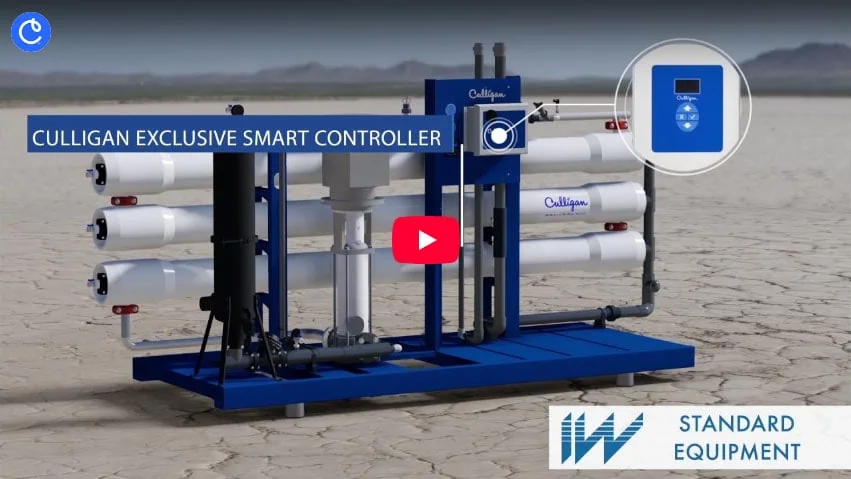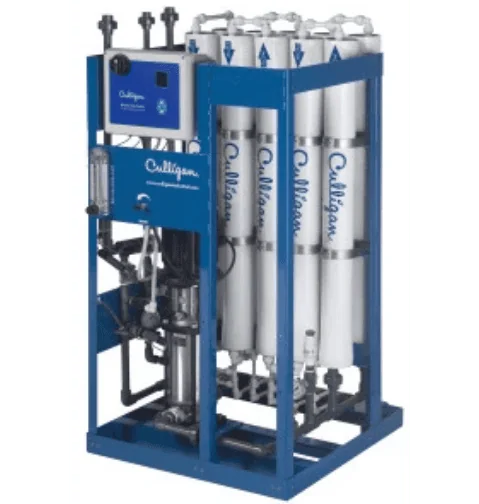Industrial Reverse Osmosis Systems
Various techniques like desalination, distillation, ion exchange, and reverse osmosis may be used for purifying water. Among these techniques, reverse osmosis is a particularly efficient and cost-effective one. The applications for reverse osmosis include clean drinking water for homes and offices, high-quality water for industrial food and beverage processes, water for commercial uses like car washes, and portable water purification systems for the military.
At Reynolds Culligan, we specialize in high-quality, high-output water systems. We supply industrial and commercial reverse osmosis systems for various applications. Our end-to-end supply and servicing capabilities make us a one-stop shop that organizations from major industries trust for powerful treatment and filtration systems.
Working Principles of Reverse Osmosis Water Systems
Reverse osmosis (RO) uses a semi-permeable membrane to remove dissolved contaminants from water. When feed water flows over one side of the semipermeable membrane under pressure, pure water permeates to the other side of the membrane. The dissolved impurities are caught by the membrane and remain on the feed water side of the filter.
The semipermeable membrane and the pressure applied to the feed water are the important components of a commercial osmosis water system. RO water systems may also include:
- A pre-filtration stage using a sediment filter to remove undissolved contaminants.
- A chlorine removal stage using a carbon block filter.
- A post-filtration stage for “polishing” the water if it is intended for drinking. This stage uses a carbon filter to remove any fine impurities that may have trickled through the RO membrane.
How Does Reverse Osmosis Work?
The RO membrane essentially acts like a filter that allows only water molecules to pass through while preventing dissolved impurities from doing so. High pressure is applied to the impure water to overcome the osmotic pressure of the membrane and push the pure water molecules through it. RO removes almost all dissolved chemicals, minerals and salts, heavy metals, high molecular weight organic contaminants, and microorganisms. The resulting water is 95-99% pure. The wastewater is typically disposed of in the municipal sewer system.
The capacity of an industrial reverse osmosis water system depends on several factors, including:
- Water temperature
- The concentration of dissolved solids in the feed water
- Operating pressure on the feed water
Benefits of an Industrial/Commercial Reverse Osmosis System
Industrial and commercial reverse osmosis water systems offer an array of benefits. Some of the most notable include:
- RO is more cost-effective than other water purification methods, especially when the molecular weight of the dissolved solids exceeds 200.
- RO is more energy-efficient than distillation and does not have the corrosion problems that affect distillation systems due to their high operating temperatures.
- Easy operation. Commercial osmosis water systems are easy to install and maintain.
- The water from RO water systems is more environmentally friendly than bottled water.
Reverse osmosis also offers these application-specific benefits:
- For restaurants: Better-tasting food, coffee, tea, water, and crystal-clear ice cubes.
- For breweries: Better-tasting beer.
Industrial and Commercial Applications
Commercial and industrial facilities need water purification systems they can trust, such as water treatment for car washes and water treatment for food and beverage companies. Reverse osmosis typically outperforms most other filtration options on the market. Reynolds Culligan serves the following markets with tailored reverse osmosis water systems and ongoing services.
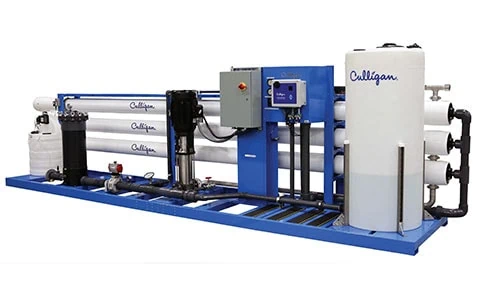
Municipal Water Purification
Municipal organizations purify water for residences and businesses within their jurisdiction. This water is used for washing and cooking applications, so it needs to be purified before it reaches its destination. Many municipal facilities use industrial reverse osmosis systems to filter out impurities and maintain consistent water quality.
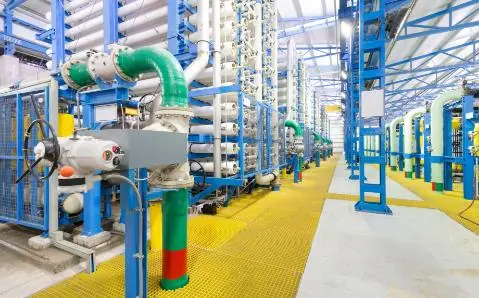
Desalination of Seawater
Coastal areas rely on water sources from nearby oceans and seas rather than lakes or underground reservoirs. Ocean water contains salt, microbes, chemicals, and other contaminants at levels up to 35,000 mg/L, so it requires robust filtration. Our reverse osmosis water systems can remove salt and other impurities to make the water safe for residential and commercial use, use on cruise ships, and off-shore drilling or marine applications.
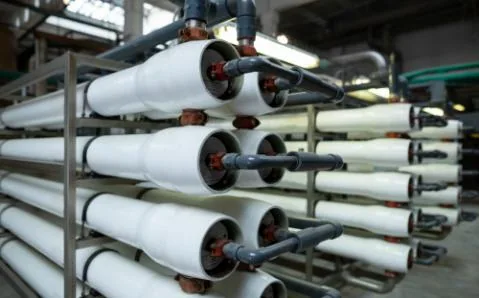
Desalination of Brackish Water
Brackish water has a lower salinity level than seawater, containing dissolved salts at levels between 1,000 and 15,000 mg/L. Reverse osmosis systems can remove the majority of contaminants and reduce the salinity to 500 mg/L or lower, well within potability standards.
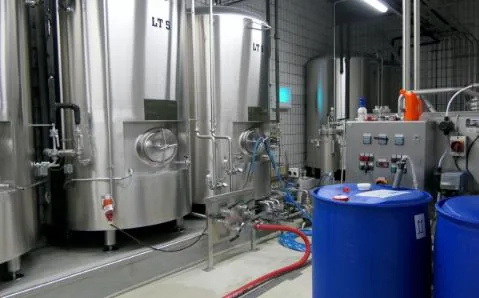
Boiler Feed Water
Unfiltered hard water in industrial boilers can lead to scaling, increased downtime for cleaning, and thermal transfer deficiencies. Reverse osmosis systems can purify your boiler feed water so you can keep your systems running at optimal efficiency with minimal downtime.
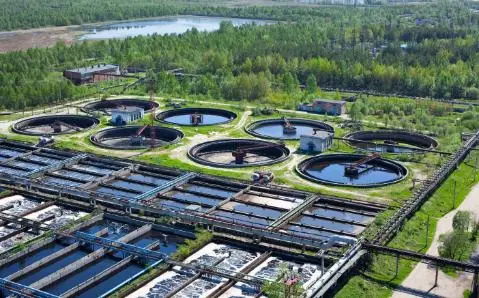
Wastewater Treatment
Water treatment facilities typically use reverse osmosis systems as the final stage of purification to remove any lingering chemical, bacterial, and other dissolved impurities. Reverse osmosis works well at this stage because it can capture a wide range of small impurities that other systems cannot.
Considerations for an Industrial Reverse Osmosis System
Along with sizing, consider the following factors as you zero in on the right industrial reverse osmosis water system for your facility:
- Required flow rate and volume
- Initial system cost and ongoing maintenance costs, including support services to extend the lifespan of the RO system (e.g., filter replacement and system checks)
- How much energy the RO system consumes
- Regulatory compliance for your industry and area
The right RO system will be cost-effective and sustainable, reliably providing clean and pure water for your building’s operations. On-site filtration and water treatment allow your building to comply with regulations, maintain greater transparency and control over water purity, and keep operations running smoothly.
